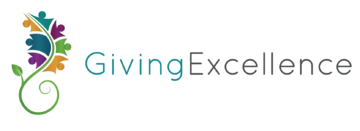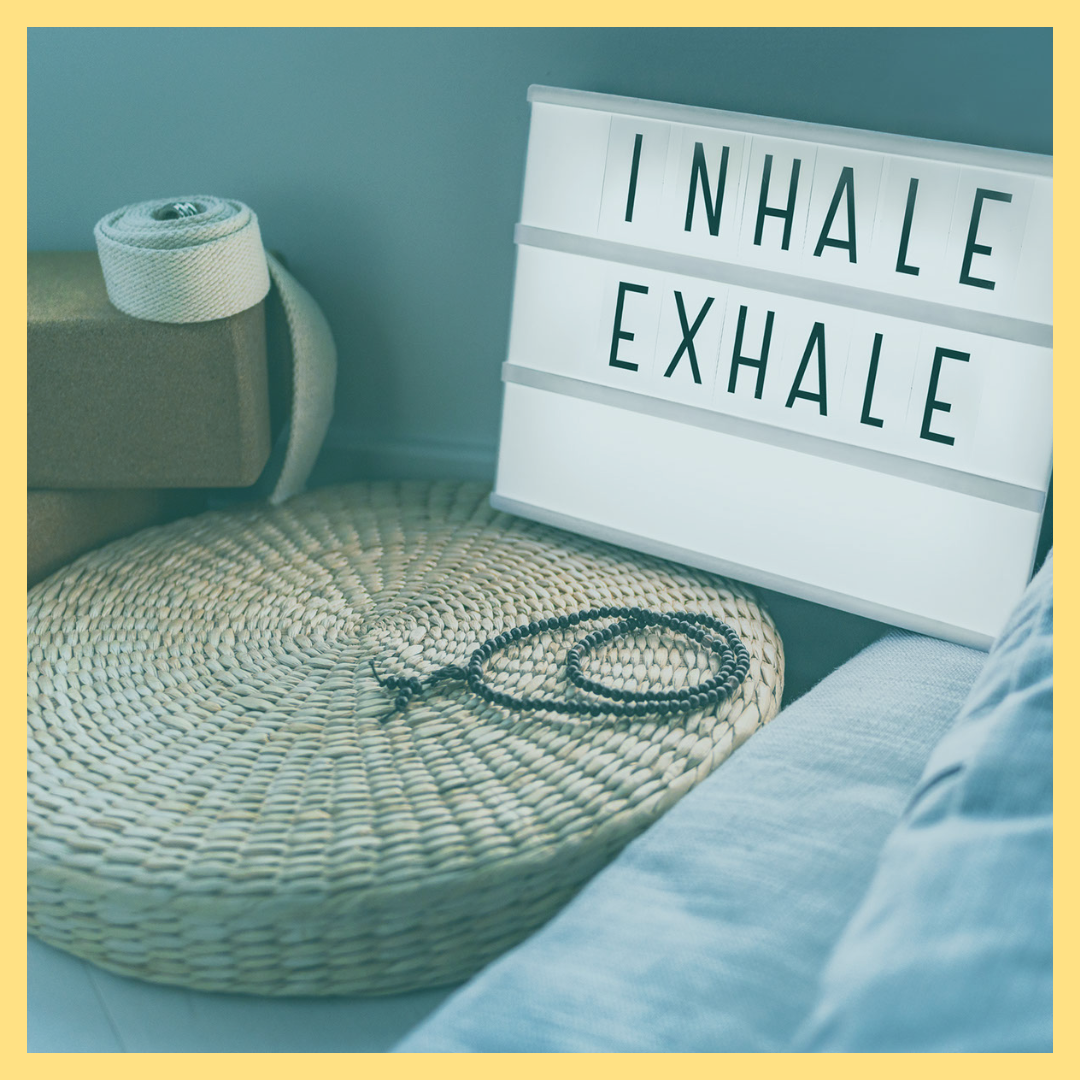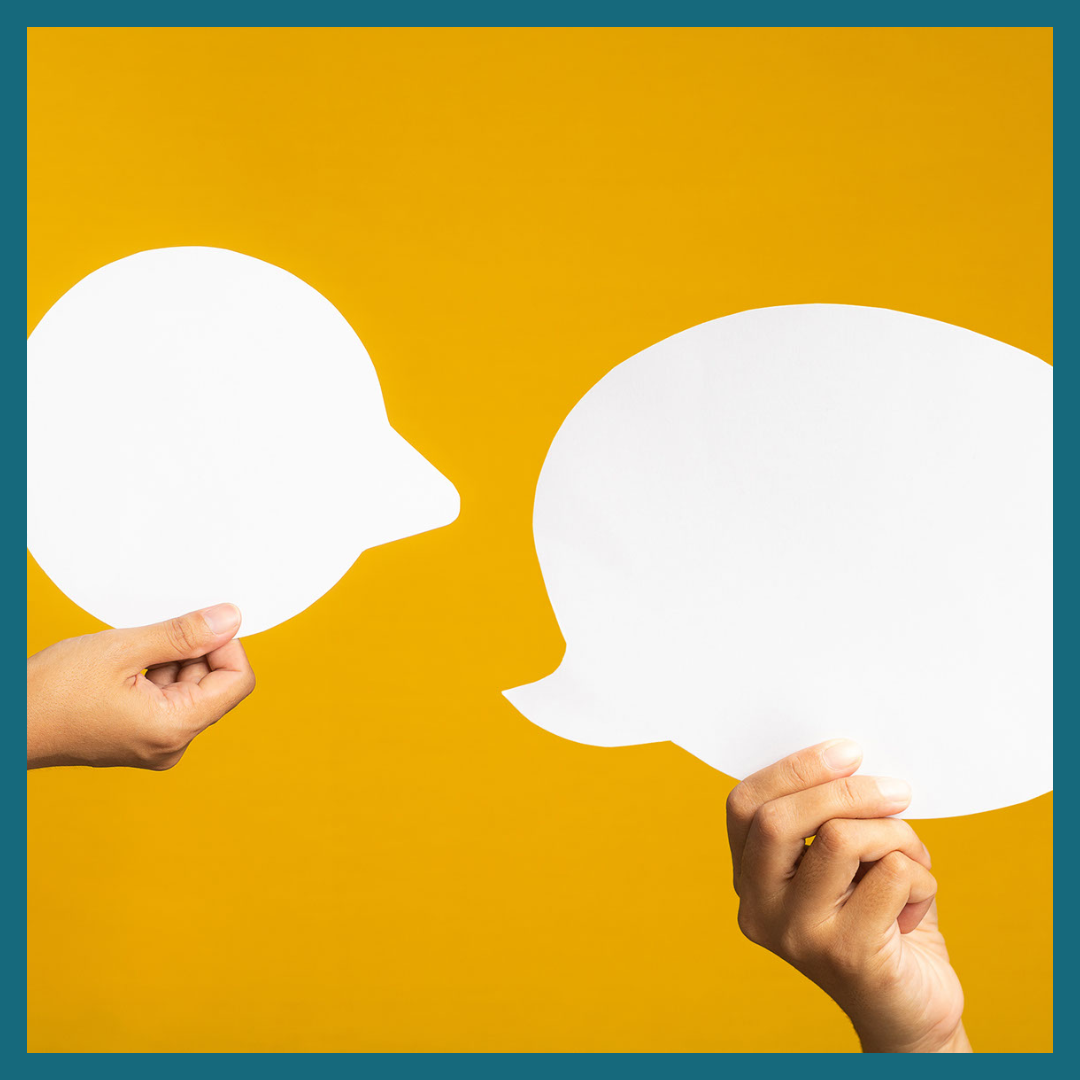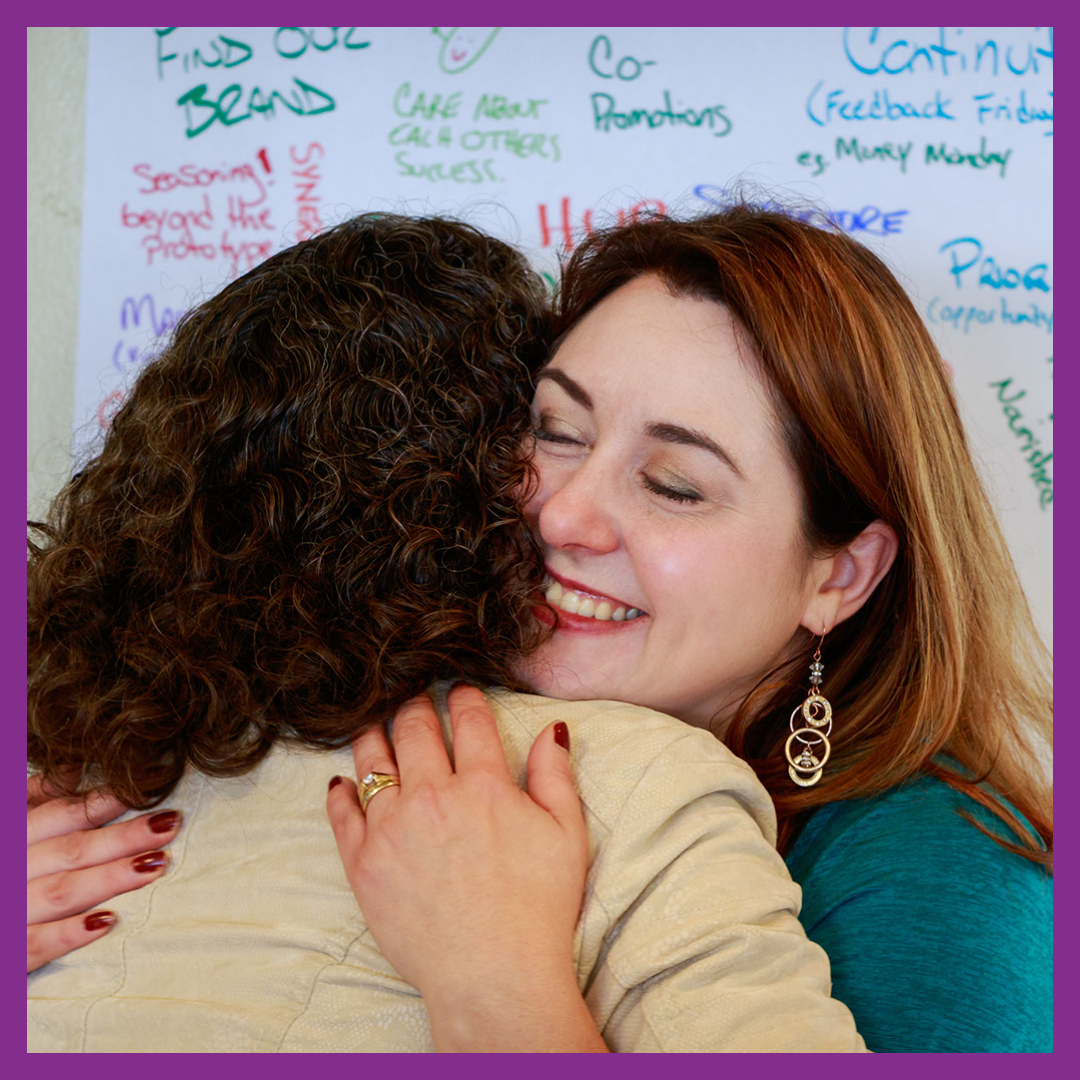Do you ever feel like you're going through life on autopilot? Wake up, go to work, come home, eat dinner, watch Netflix, rinse, repeat.
Do you find yourself making the same mistakes over and over again, without understanding why?
If so, you're not alone. Many people go through their days without really pausing to think about why they do what they do or why they feel what they feel. However, by taking the time to discover self-awareness, we can break free from this cycle and build a more meaningful and fulfilling life.
In this blog series, we will explore why self-awareness matters and provide actionable steps to help you build it as you get started. And let's acknowledge up-front that the study and mastery of self-awareness is for many a lifelong journey. This introductory blog article and the series that will follow seeks to merely scratch the surface. Yet laying just that initial foundation of understanding self-awareness, just touching the tip of the iceberg, can return significant value for someone just starting down the path of its engagement.
What is Self-Awareness?
Self-awareness is the ability to identify and understand your own thoughts, emotions, and actions. It is about knowing how those thoughts and emotions affect your daily life and your interactions with others.
Self-awareness is crucial in personal and professional life. It helps us discover our strengths, weaknesses, and passions. It also improves our decision-making skills, enhances our emotional intelligence, and fosters healthy relationships.
Why is Self-Awareness Important?
When we lack self-awareness, we may hold ourselves back, procrastinate, limit ourselves with our thoughts, and potentially feel nervous, embarrassed, ashamed, and frustrated. We may also struggle to understand how our actions impact others, or how those actions may affect our quality of life. It is easy to get lost in our daily routines and forget to reflect on our habits and tendencies. We start to think that “this is just the way things are” or “who I am”.
The Impact of Our Thoughts, Reactions, and Behaviors
Our thoughts, reactions, and behaviors can have a significant impact on our mental health, relationships, and ability to achieve personal and professional goals. When we are not aware of the potential challenges that can arise from these factors, we may face physical or mental health issues, strained relationships, missed opportunities, difficulty achieving goals, and a lack of meaningful life experiences.
Self-sabotage or a lack of self-awareness can hinder our ability to achieve personal or professional goals. We may not recognize our strengths and weaknesses or have limiting beliefs that hold us back from success.
Fears or unhelpful patterns of thinking can lead to missed opportunities in both our personal and professional lives. When we are not aware of our thought patterns and our inner critic, we may shy away from new experiences or take fewer risks, limiting our potential for growth and success.
Difficulty Developing Meaningful Life Experiences
Limiting beliefs or negative self-talk can make it difficult to develop meaningful and satisfying life experiences. We may feel stuck, unhappy, or unfulfilled, unable to break free from negative thought patterns and behaviors that hold us back from living our best lives. Therefore, building self-awareness is crucial for our personal growth and success.
Through self-awareness, we can become more confident and positive by observing our inner thoughts and emotions. It improves our communication skills and helps us overcome negative self-talk. Additionally, self-awareness can help identify the inherent worth and value of ourselves and others, leading to greater empathy, compassion, and understanding.
How to Build Self-Awareness. Practical Exercises for Developing Self-Awareness
Developing self-awareness is not an overnight process. Rather, it takes consistent focus over time. The following exercises can help improve self-awareness:
1. Meditation
Meditation is a fantastic way to cultivate self-awareness. By practicing mindfulness regularly, we become more in tune with our thoughts, feelings, and physical sensations. By investing time in thinking, we develop a clearer understanding of ourselves. The practice of meditation should be done daily for successful results.
For example, try sitting quietly and focusing on your breath with a straight back. As you continue to do so, you may notice that your mind begins to wander, and you become aware of other thoughts and sensations entering your mind. Here is where the power of meditation comes in for self-awareness. Instead of allowing your mind to be overwhelmed by these thoughts, you remain focused on your breath and acknowledge the distractions.
This simple practice builds resilience and helps us stay grounded in the present moment. Over time, meditation helps us cultivate a deeper sense of self-awareness, which allows us to better understand our actions, emotions, and thoughts. Consequently, this can help us make well-informed decisions and improve our communication skills.
2. Journaling
Journaling is a way to document our personal thoughts, feelings, and behaviors in a private manner. By putting pen to paper (or typing with today's modern journaling), you can step out of your comfort zone and explore your innermost thoughts and feelings without judgment. Think of it like taking a journey; with every experience, you learn more about yourself, your character, and your limitations.
Journaling can be used with free form writing of thoughts, or it can be done through specific questions or topics. Journaling allows a person to express and explore their innermost thoughts and beliefs.
One of the ways I use journaling to support self-awareness for my clients is to ask them to review what they have written and look for any themes or patterns that may show up. These patterns are a way to see what is happening when you are on your autopilot, e.g., habitual states of thoughts, emotions, and behaviors.
Such deep self-reflection can bring about newfound clarity, self-realization, and self-awareness, ultimately leading to better understanding of oneself.
3. Seeking Feedback
It can often be tough to identify our own faults and shortcomings, but getting feedback from others can provide much insight. Feedback allows us to see ourselves objectively and reflect on our actions and attitudes. Sometimes, we may unintentionally engage in behaviors that cause stress and frustration without realizing we are repeating the same pattern.
Feedback from others can aid one's self awareness since it can help you be aware of how you are acting/thinking/responding that you may not be realizing.
Feedback can also serve as a way to give you information on what you may be making an assumption about yourself. Feedback can come from friends, colleagues, 360 reviews, clients, and also out own bodies. (Not sure how your body can give you feedback, stay tuned for more in this series where I share about how to use the different centers of intelligence).
4. Coaching
Enlisting with the help of a coach can provide benefits like personalized feedback, support, and guidance. A coach can work with you to establish goals and strengthen skill sets to further develop self-awareness. Coaches can help you become aware of both internal and external factors that prevent you from making progress. A good coaching program will provide self-awareness exercises to help you distinguish between reality and distortions in your thinking. This will enable you to have important insights and "a-ha" moments.
Where to next...
Self-awareness is not only essential for personal growth but also for professional success. By working on self-awareness, it helps us better understand ourselves and others, strengthens our communication skills, and allows us to make well-informed decisions and behaviors. There are many effective ways to practice self-awareness, such as utilizing meditation or journaling. By prioritizing self-reflection and introspection, we can cultivate a deep sense of self-awareness that allows us to live a more fulfilling and authentic life.
If you're ready to take action towards becoming more self-aware, I invite you to consider booking a complimentary coaching session with me Unstoppable: Being Your Best Self. As a certified integral and enneagram coach, I can help guide you on your journey towards greater self-awareness, providing personalized feedback and support along the way. Let's work together to unleash your full potential, overcome limiting beliefs, change behaviors, and create the fulfilling life you desire.
So take the first step today, prioritize self-awareness, and watch as your life transforms before your very eyes. You deserve it, and your fullest potential awaits. Take a deep breath and be curious.
See you next week for part 2 in this series...
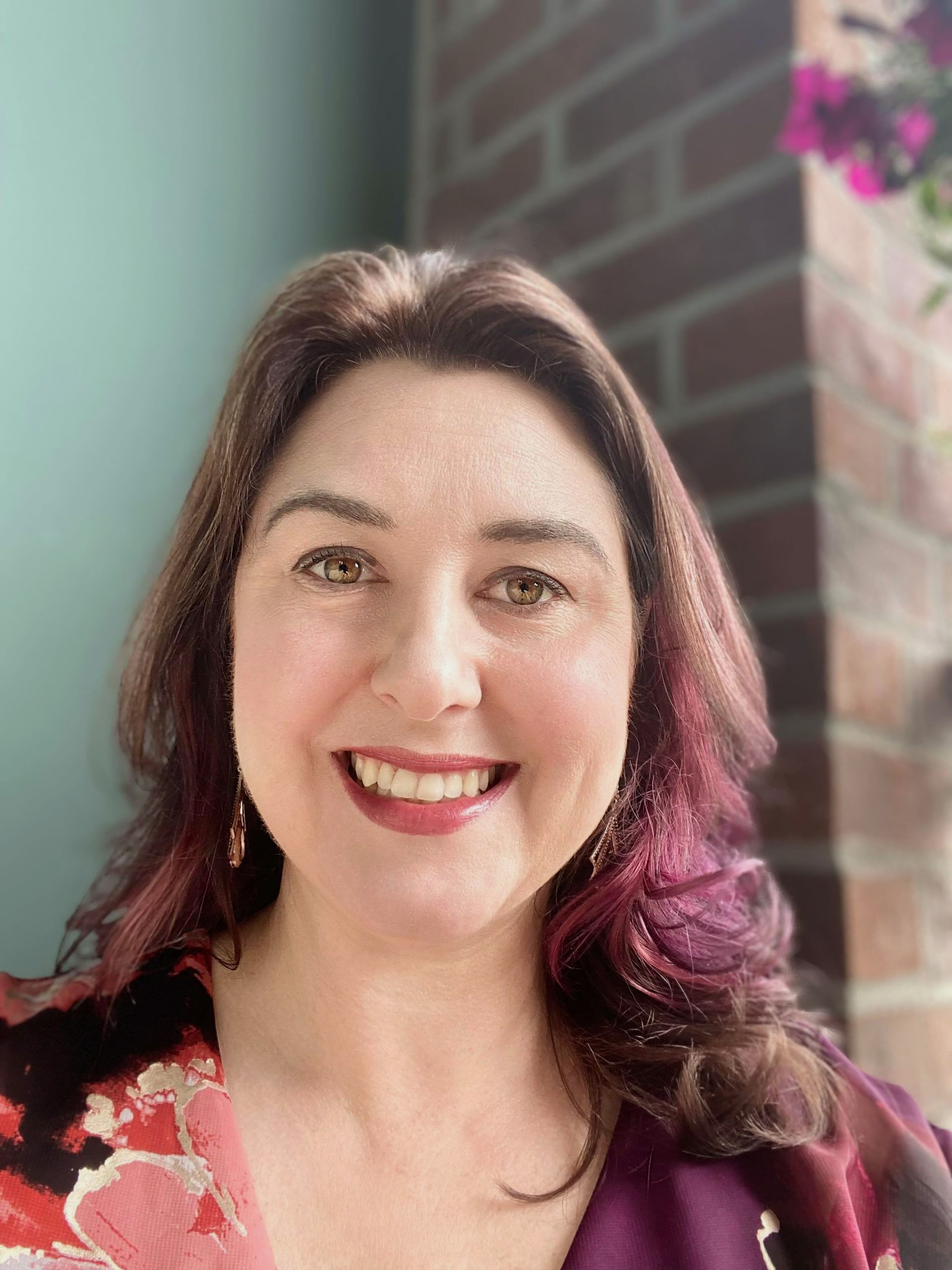
Mellissa Rempfer, MA.ed AET, P.C.C. Enneagram Coach
Mellissa Rempfer helps people on their paths to success get out of their own way by finding the best in themselves and others. Mellissa has taught, coached, and lead workshops around the world for over 20 years, all the while constantly asking “what is needed for the person before me to grow and develop?” Mellissa’s need to answer that question is a personal one given the challenges her own life has surrounded her with, from homelessness in high school to a long and continuing struggle with medical issues, and many more lessons in resilience in-between. Mellissa’s credentials and certifications to support her work in human growth and transformation include: Master’s Degree in Adult Education in Training and Development, Professional Certified Integral Coach, Certified Enneagram Teacher, and Authorized Workshop Facilitator with the Enneagram Institute. Mellissa can be often be found talking with strangers, watching The Great British Bake Off, or being a fully present dog mom to her Zöe.
